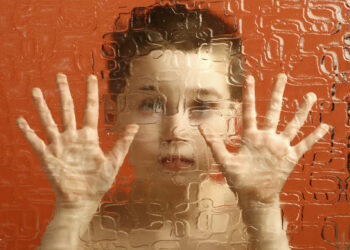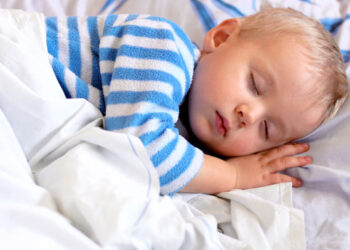Head injury
If your child has sustained a head injury you will need to know when to go to hospital and what features you need to look out for to ensure that they are safe.
Most head injuries are minor and children bump their heads without any significant problems. There are however situations where even relatively minor head injuries can cause problems.
The vast majority of problems relating to head injuries will become apparent within the first 6 hours of sustaining the injury.
Click on the “Patient information leaflet” link on the right to download a printable version of the information suppled here.
What to do if a child sustains a head injury
- Keep them calm, sit them down & let them rest
- Hold a cold compress (eg bag of frozen peas wrapped in a tea towel) against any bumps to take down the swelling
- Gently clean the area involved if needed
- Give paracetamol as soon as possible (avoid ibuprofen)
When do you need to go to hospital?
- Any loss of consciousness (‘knocked out’) as a result of the injury, from which the person has now recovered.
- Amnesia for events before or after the injury (‘problems with memory’).
- Persistent headache since the injury.
- Any vomiting episodes since the injury.
- Any previous brain surgery.
- Any history of bleeding or clotting disorders.
- Current anticoagulant therapy such as warfarin.
- Current drug or alcohol intoxication.
- There are any safeguarding concerns (for example, possible non-accidental injury or a vulnerable person is affected).
- Irritability or altered behaviour (‘easily distracted’, ‘not themselves’, ‘no concentration’, ‘no interest in things around them’), particularly in infants and children aged under 5 years.
Once in hospital you will be assessed to determine if your child needs a head scan or admission into hospital. Head scans can help the doctors determine if there has been any bleeding or significant damage to the head.
If your child is admitted for observation they will have “neuro-obs” done frequently. These are neurological observations that are designed to detect if your child has had any complications as a result of the head injury. Neuro-obs include checking your child’s blood pressure, temperature, breathing rate, heart rate, movement, reaction of the pupils to light and their level of consciousness.
If your child is considered well enough to go home they should still be monitored to ensure that they are safe. The following section will help parents who have been discharged home to determine if they need to seek further medical help.
Head injury advice following discharge from hospital
Some minor symptoms are usual after a head injury. These include:
1. Increased tiredness – your child may wish to sleep more than usual. Many people believe that children should not be allowed to sleep following a head injury. This is not true. If your child is sleeping riormally, check him/her every 2-3 hours.
2. Loss of appetite – the child may feel sick and not feel like eating. Do not force him/her to eat but encourage him/her to drink plenty of fluids.
3. Headache – older children may complain of a headache, whilst younger children may be irritable and fretful. Calpol should be given regularly as directed on the bottle until the pain subsides.
4. Changes in behaviour – older children may have trouble concentrating on school work or reading. Younger children may lose interest in toys. If the child is feeling generally unwell and “off colour” keep him/her quiet and rested as much as possible.
These symptoms should gradually subside and your child should be back to normal within a few days. If your child has any of the following or you have any concerns at all, please phone NHS 111 for advice. If your child is very unwell at any point do not hesitate to call 999 for an ambulance.
1. The child becomes steadily more sleepy and is difficult to rouse
2. Repeated vomiting (more than 3 times)
3. Unsettled and irritable (eg crying continuously)
4. New confusion
5. Seizures or fit
6. Bleeding or watery discharge from ears
Following discharge
- Avoid contact sports
- Don’t return to school until fully recovered
- See your GP if symptoms persist
Being prepared
The Children’s e-Hospital has developed a first aid kit specifically with children in mind. This kit has over 50 parts and also includes flash cards to assist you in the event of having to deal with a choking child and other resuscitation situations



